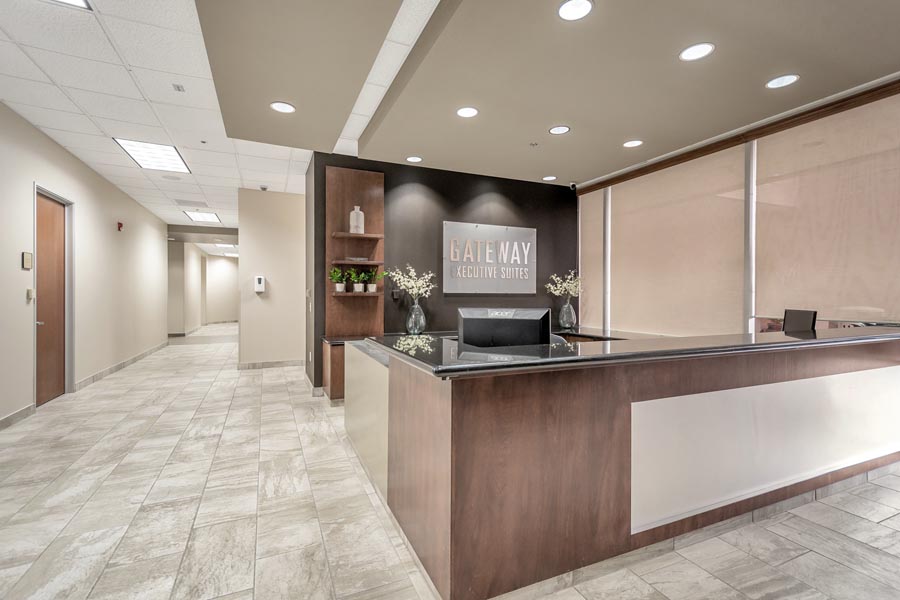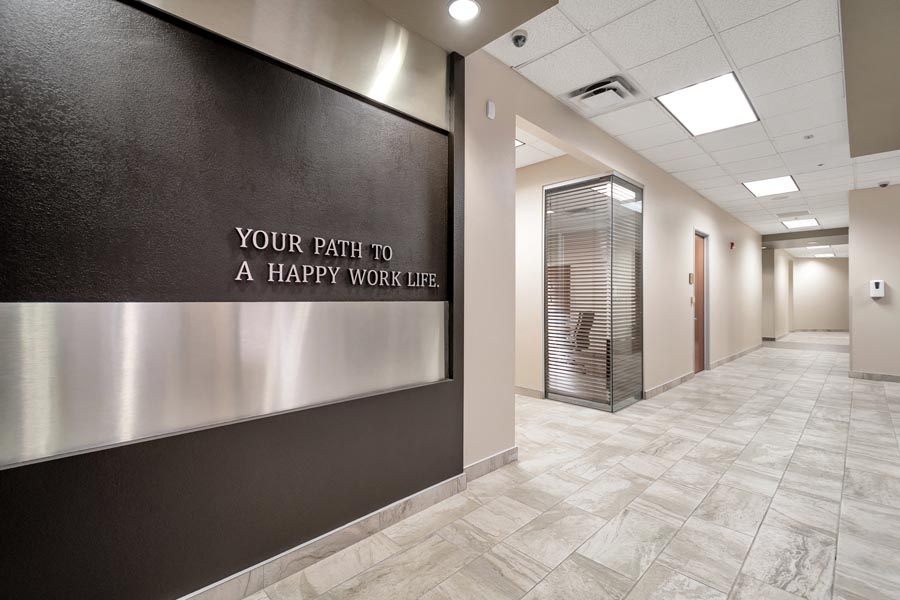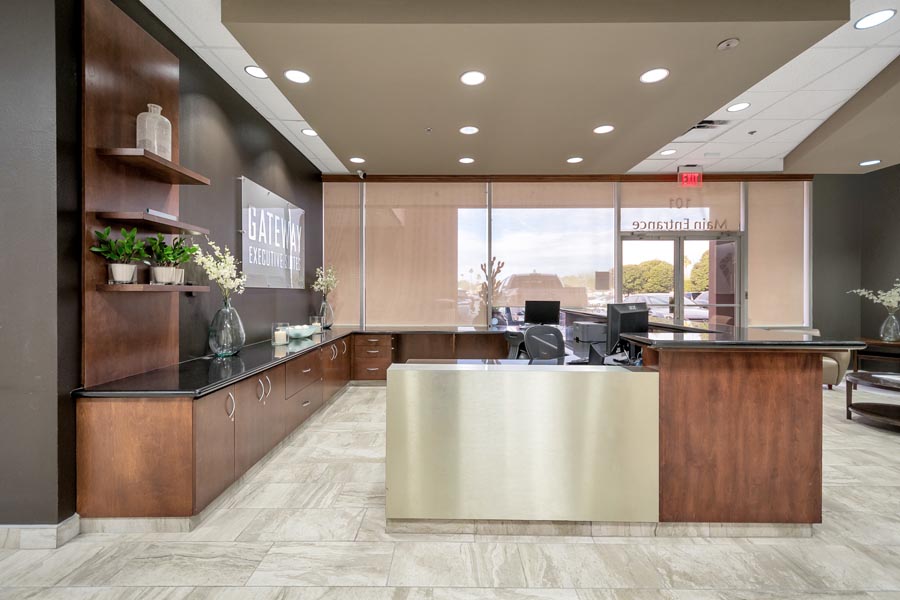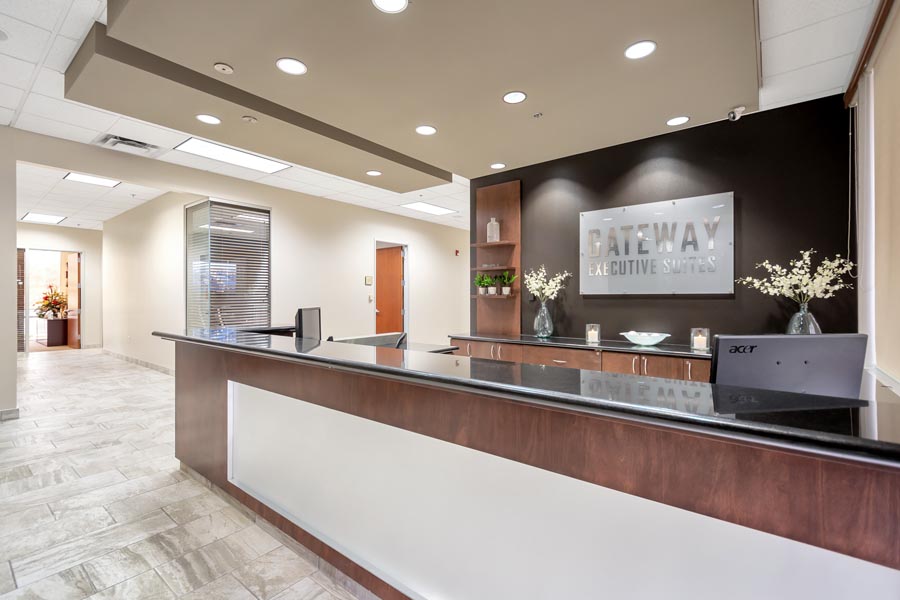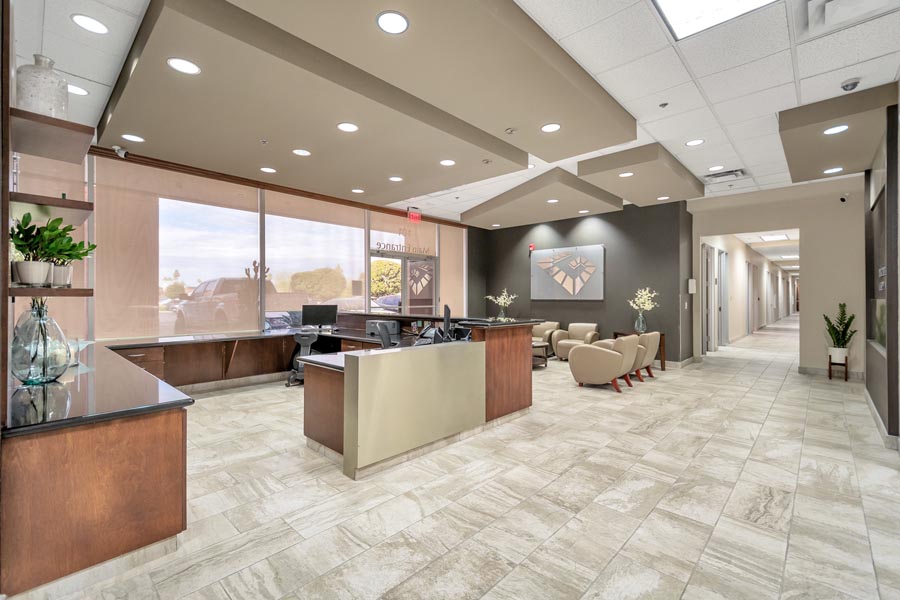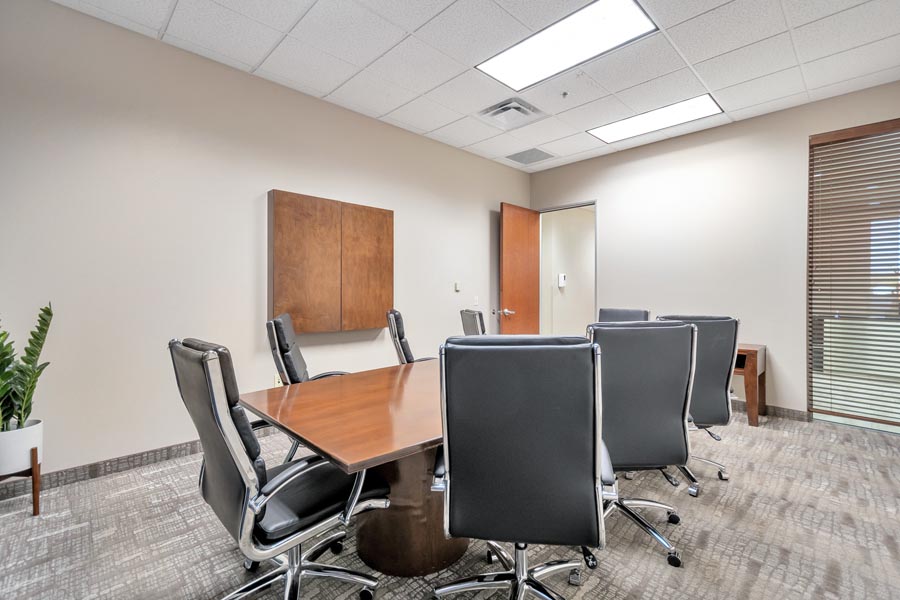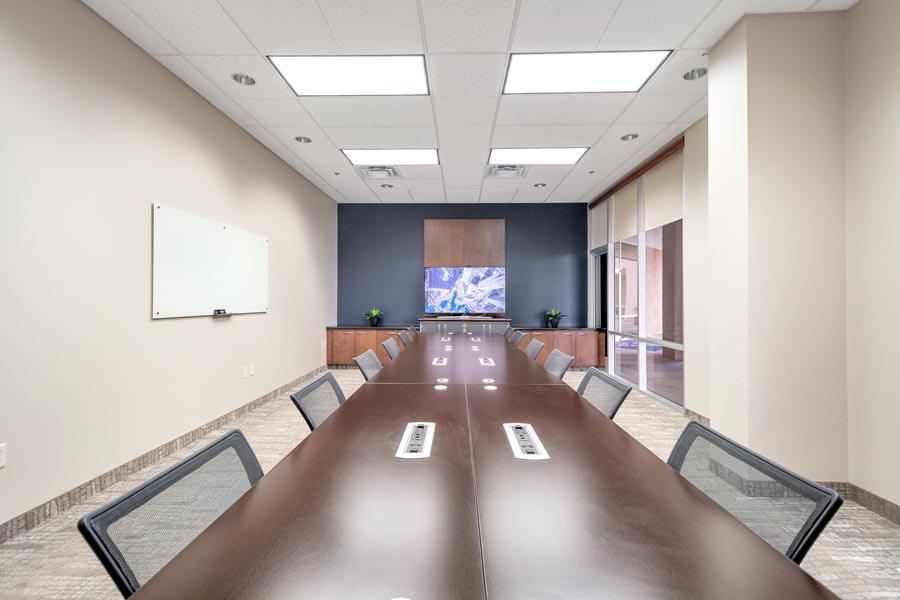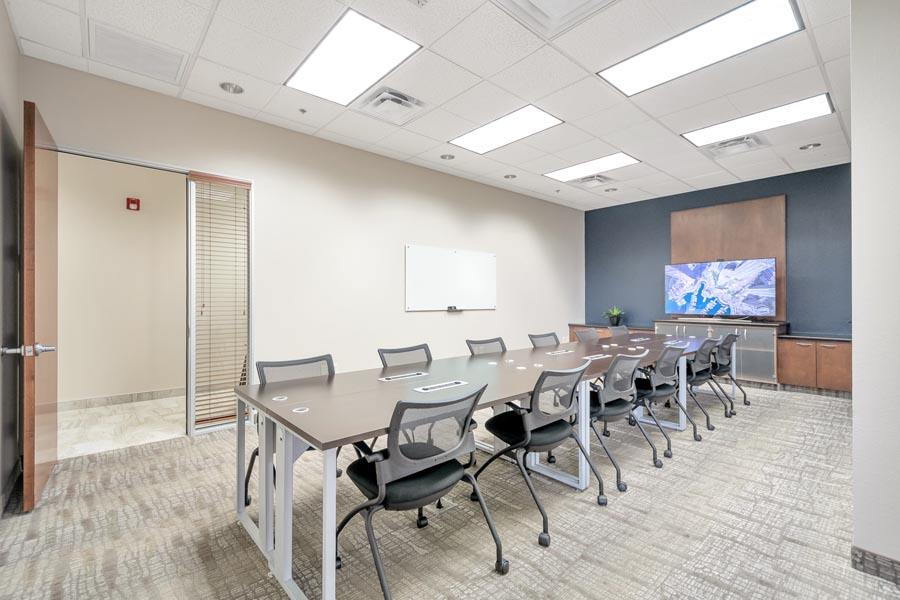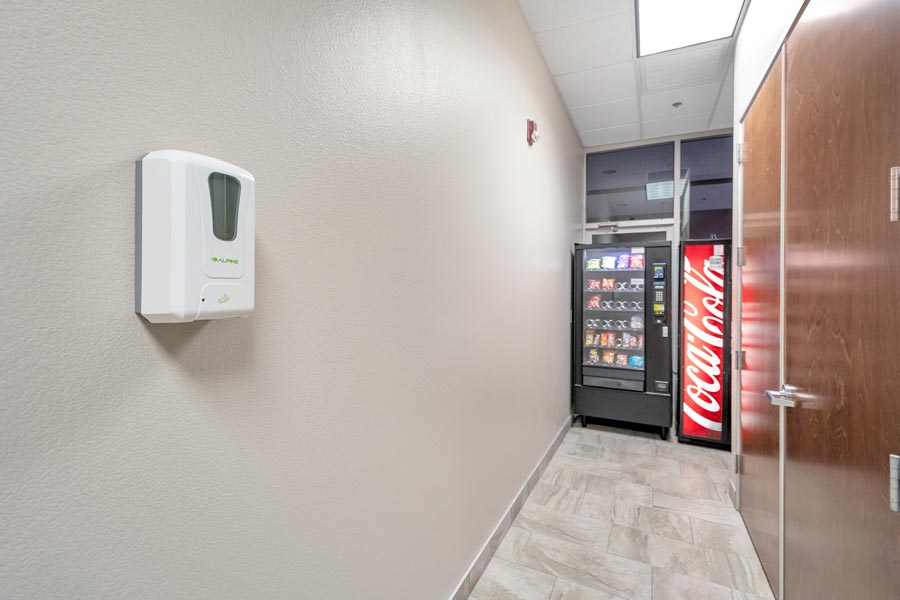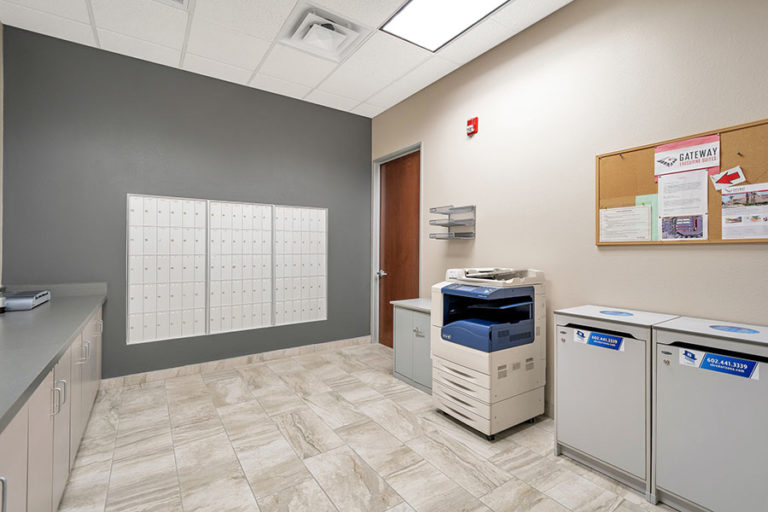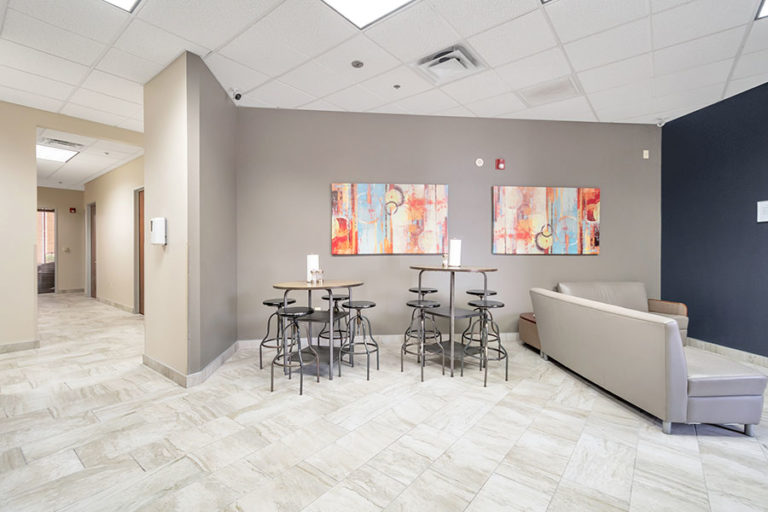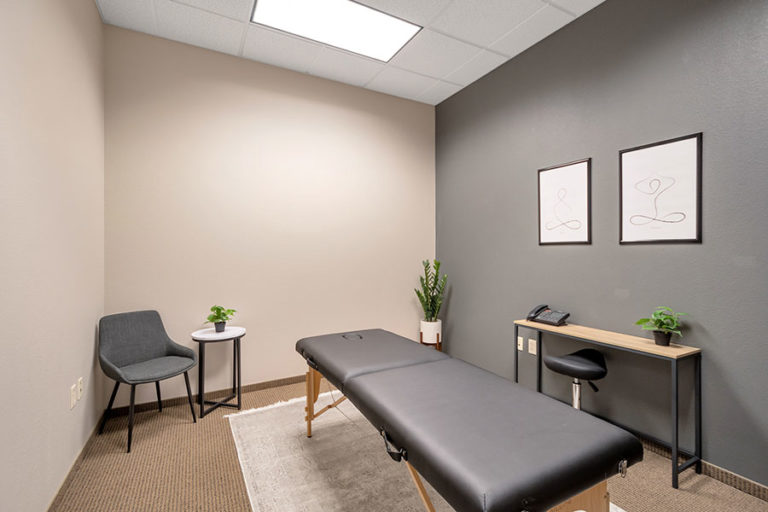A growing number of entrepreneurs and businesses are utilizing virtual offices as their primary place of business. These semi-regular offices provide a solution for many self-employed and small businesses that are not in need of a permanent physical location, but can improve their business image with a professional location to occasionally meet with customers and clients.
Before we get into the pros and cons of such an arrangement, it is important to define what a virtual office is. Virtual offices are actual office locations available for rent (typically in a commercial area of a major city) with certain amenities (such as a receptionist and conference room access) and the ability to conduct business there part-time.
Advantages of a Virtual Office
- Price: The number one consideration for individuals and companies that rent a virtual office is price. With businesses watching their bottom lines more closely than ever, it is hard to overlook the potential savings virtual (part-time) offices can bring over the standard commercial leasing arrangement. In many cases, this can save a business several thousand dollars per month per office.
- Short-term Commitments: Most virtual office providers allow their clients to rent offices on a month to month basis. This provides the business far more flexibility to make location changes if the need arises. With a longer-term lease, the company would likely be responsible for an early termination fee if they needed to make such a change.
- Customizability: With many providers, a client renting a virtual office has the ability to create a customized package around the specific needs of the business. For example, if your business already has someone dedicated to answering your phones, you may only need the business mailing address and access to conference rooms. The ability to customize means not having to pay for services you are not using.
Disadvantages of a Virtual Office
- Part-time Office Use: Similar to a timeshare, a virtual office can only be used for a set number of hours per month. Some providers do offer the option to upgrade to a full-time office as your business grows, but this will cost you more. When you are in a part-time package, you do not have a permanent location per se. This could be a problem for professionals such as dentists and chiropractors that need a place to house their equipment and administer their services.
- De-Centralized Work Force: The lack of a permanent office location likely means that your employees are working out of their homes and/or spending most of their time in the field. While this can work for a lot of businesses, it can make communication more difficult. If this becomes an issue, it would be important to choose a package with ample conference room time so you can have regular face-to-face meetings with your work force.
- Potential Scheduling Conflicts: The shared nature of the virtual office means you need to be open to the possibility of other clients needing the conference room at the same time you want it. To overcome this issue, be sure to make your reservations well in advance and incorporate some additional flexibility into your scheduling.
Speak to an executive office rental specialist about your business needs and develop the right office rental package that suits your business needs. There are many options and customized packages available for different types of businesses.

